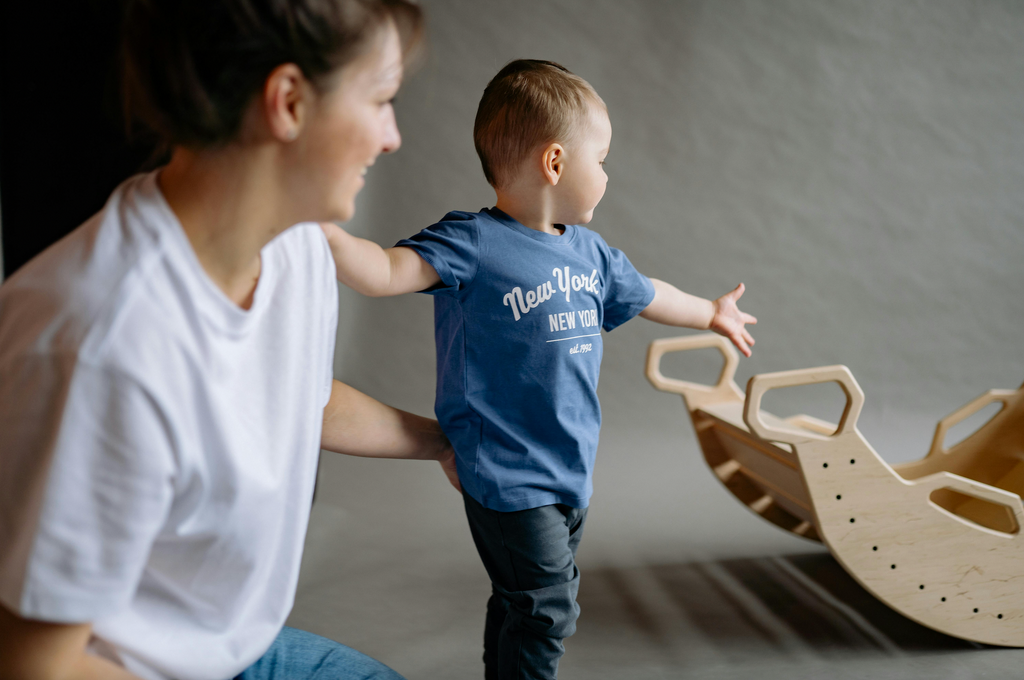If you are a parent, you may be wondering whether you are a guardian of your child, or what rights and responsibilities you have as a guardian in relation to a child. In this month’s blog, we’re covering the basics of being a minor’s guardian in British Columbia, Canada.
What’s the Difference Between Parentage and Guardianship?
Parentage and guardianship are not identical to each other. Parentage in law refers to a process that legally establishes a parent’s relationship to their child. Meanwhile, guardianship is a legal concept that denotes the position of protecting or defending minors or the vulnerable. There are guardians for minors and guardians for adults. We will only touch upon guardians for minors in this blog.
Being a biological parent does not necessarily give that parent guardian status. Under BC family law, saving situations where a child is conceived through assisted reproduction, a child’s parent who has never resided with the child is not the child’s guardian unless this parent regularly takes care of the child, or the parents and all guardians of the same child make an agreement providing that this parent is also a guardian. This applies even if the child’s other parent dies. The remaining parent, who by legal definition is not a guardian of the child, must apply to the court to obtain an appointment to become a guardian.
Once A Guardian, Always A Guardian?
If you are wondering whether the legal status as a guardian to a child will naturally survive the child’s minor years, the short answer is “no”. A parent can be appointed or removed as a guardian by agreement or court order. A non-parent (commonly seen to be a grandparent, a relative, or a family friend of the child) can be appointed as a guardian by will or court order. A non-parent guardian can also be removed as a guardian by court order.
The paramount consideration in guardianship applications to the court is a legal test involving the best interests of the child. The court will decide whether the proposed appointment or removal of a guardian protects, to the greatest extent, the child’s physical, psychological, and emotional safety, security and well-being by looking at all relevant factors. Every case will be assessed individually.
What Are The Rights and Responsibilities of a Child Guardian?
Under BC family law, only a guardian can have parenting time with a child. Non-guardians can have contact or some sort of access with a child under an agreement or a court order, but this kind of contact or access is not robustly fostered as the right to exercise parenting time.
As a guardian, you get to make a variety of decisions with respect to a child that encompasses almost every aspect of the child’s life, including:
- where the child resides and with whom the child lives and associates,
- which school the child goes to and what activities the child takes part in,
- how the child is raised, culturally, linguistically, religiously, or otherwise, etc.
The right to make decisions about the child belongs to the guardian, but such a right is not free of encumbrance. The law requires a guardian to exercise decision-making for a child responsibly and with a view to the best interests of the child.
If you are considering applying to become a guardian to a child or have someone removed as a guardian, the lawyers at Westside Family Law are happy to assist with their expertise in this area of law.

